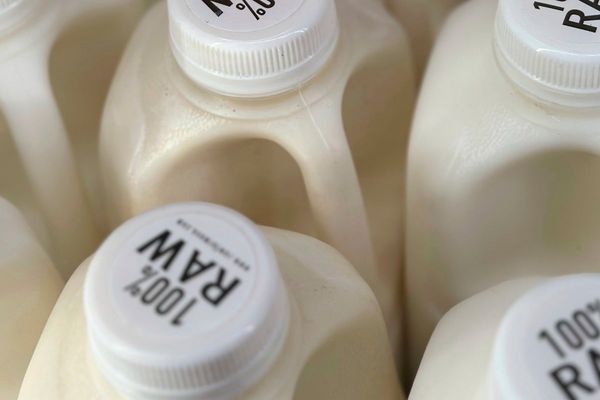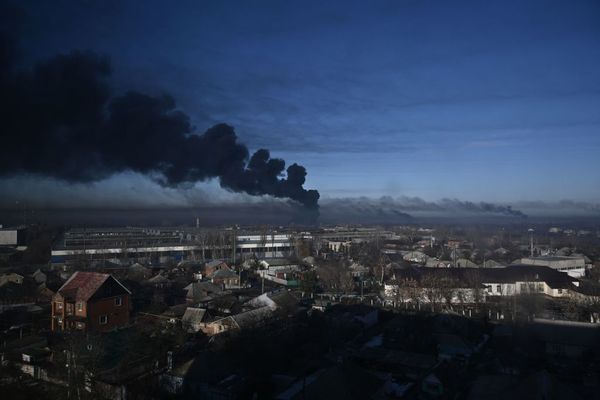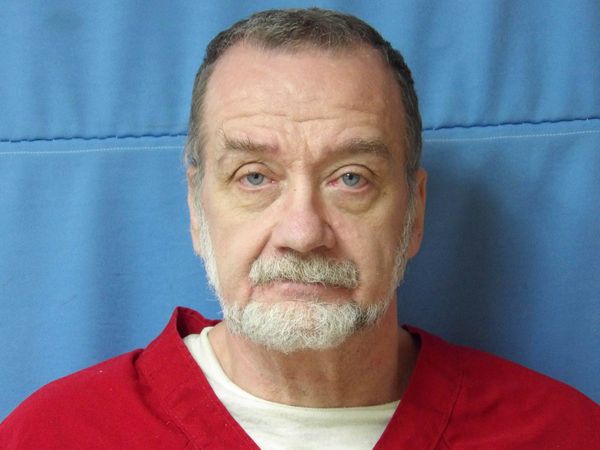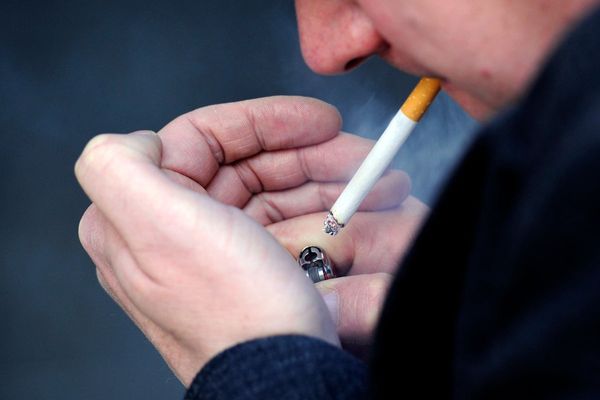
The lawyer for four Australian families repatriated from Syria says the focus should be on their recovery, not on the prospect of them being charged with terror offences.
Moustafa Kheir, who represents the four women and their 13 children who arrived in Sydney on Saturday, said he had been involved in interviews the women have had with authorities.
While he declined to comment on the nature of those discussions, or on whether they indicated the women would be charged, he said the families had cooperated with authorities.
“You are talking of people returning from hell on earth,” Kheir said in a statement when asked about the prospect of the women being charged.
“The focus for now has to be on medicating and mending these Australians.”
Kheir said his clients, which also include some of the about 40 women and children still detained in Syria, would consider consenting to control orders on a case-by-case basis.
The four families who were first to be removed were said by authorities to be the most vulnerable. Their resettlement is being coordinated by the New South Wales government as they are repatriated to Sydney, where they had lived before leaving Australia.
The women could be charged with foreign incursion offences, despite many claiming they were forced, coerced or tricked into travelling to the “caliphate” by their husbands or families.
Legislation introduced since 2014 has made such prosecutions far easier, but there remains only a handful of people convicted for travelling to Syria or Iraq – all of them men, the majority of whom were alleged to have planned to fight with or have assisted the terror group.
On Saturday the repatriated women released a statement, saying they were “deeply thankful to be back home in Australia with our children”.
“We appreciate the complexity and significant work it has taken from many people, including the Australian government, to bring us home,” the statement said.
“We want to express our regret for the trouble and hurt we have caused, especially to our families.
“We are willing to do whatever is asked of us by government authorities to ensure the safety of our families and the Australian community and we will fully cooperate with all Australian law enforcement agencies.”
The government is planning two further rescue missions in coming weeks, with at least half of the remaining women and children expected to be resettled in Melbourne, and the rest in Sydney.
Kheir urged them to act swiftly.
“Given the housing conditions [in the camp], the reports of malnutrition and existing illnesses we are extremely wary of the impending winter,” he said.
“We are talking of a life-or-death situation here.”
Before the recent repatriation, both states had previously resettled two groups of orphans from seperate families, with five children settled in NSW and three in Victoria in 2019.
In each case, both sets of parents died in the Middle East before US-backed Kurdish forces took control of Baghouz, the last remaining Islamic State stronghold, in March 2019.
Those children were repatriated by the former Coalition government. In opposition, the Coalition has been scathing of the recent mission, with the shadow minister for home affairs, Karen Andrews, saying it had been handled “abysmally”.
The home affairs minister, Clare O’Neil, dismissed these concerns saying that “at all times the focus has been the safety and security of all Australians as well as the safety of those involved in the operation.”
“Informed by national security advice, the government has carefully considered the range of security, community and welfare factors in making the decision to repatriate.
“The decision to repatriate these women and their children was informed by individual assessments following detailed work by national security agencies.”







